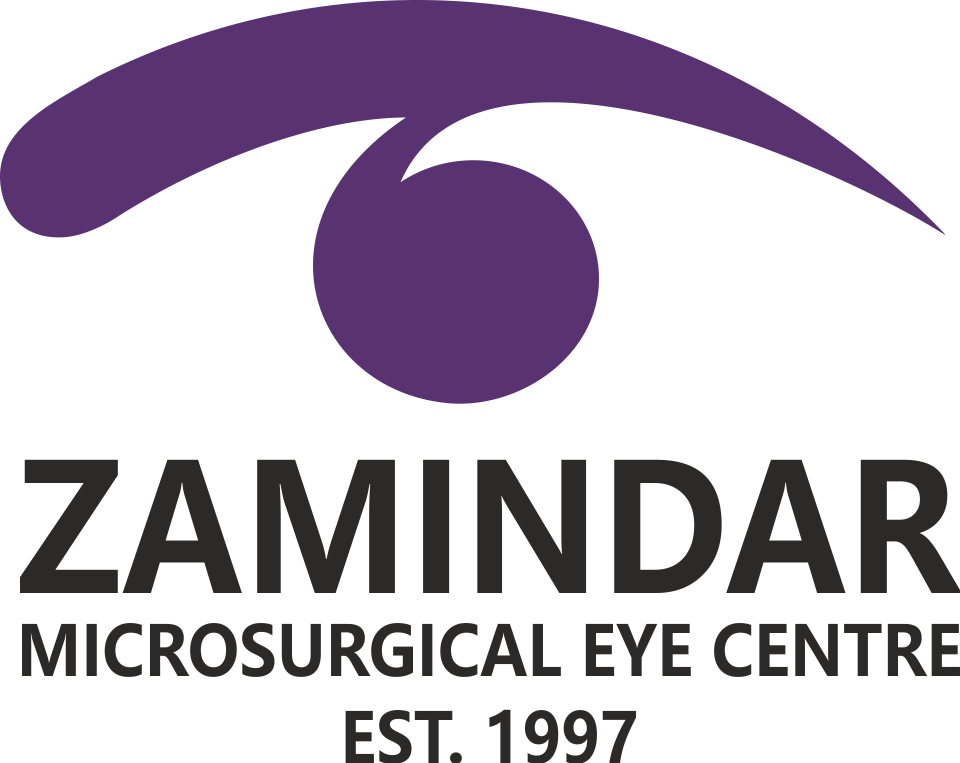A Guide to Conjunctivitis Symptoms and Remedies
Conjunctivitis, also referred to as “pink eye,” is an eye condition that can be upsetting and uncomfortable. The thin tissue that covers the white area of the eye, the conjunctiva, becomes inflamed, which is how it is identified. We’ll look at the signs, kinds, causes, and practical treatments for conjunctivitis in this blog.
Symptoms of Conjunctivitis
The symptoms of conjunctivitis might vary depending on the underlying reason. The most typical indications include:
- Redness and Irritation: The inflammation causes the eye to appear pink or red.
- Watery Discharge: One typical sign is excessive tearing or watery discharge.
- Itchiness and Burning Sensation: People who are affected could feel an itching or burning feeling in their eyes.
- Foreign Body Sensation: It could hurt and feel like there’s something in the eye.
- Swelling: Inflammation can cause the eyelids to swell.
- Light Sensitivity: The eyes could become more light-sensitive than usual.
Types of Conjunctivitis
Conjunctivitis comes in a variety of forms, each with its unique traits:
- Viral Conjunctivitis: This form, which is brought on by viruses, is very communicable and frequently goes along with cold symptoms.
- Bacterial Conjunctivitis: This kind, which is characterised by heavy discharge and crusty eyelids, can be caused by bacterial infections.
- Allergic Conjunctivitis: This type can be brought on by allergies to pollen, dust, or pet dander and cause itchiness, redness, and watery eyes.
- Giant Papillary Conjunctivitis: It is frequently seen in people who wear contact lenses and is identified by little lumps on the inside of the eyelids.
- Chemical Conjunctivitis: This form can be brought on by exposure to irritants like chlorine or smoke.
Causes of Conjunctivitis
Conjunctivitis can result from various factors:
- Infections: Infectious agents like viruses and bacteria are frequently to blame for infectious forms of conjunctivitis.
- Allergens: In those who are vulnerable, pollen, dust, and pet dander can cause allergic conjunctivitis.
- Irritants: Getting exposed to smoke, toxins, or foreign objects can irritate and inflame the body.
- Contact Lenses: Conjunctivitis can be brought on by poor cleanliness or prolonged contact lens usage.
Remedies for Conjunctivitis
- Hygiene: To stop the transmission of infection, wash your hands frequently, and refrain from touching your eyes.
- Warm Compress: To relieve discomfort and remove crusts, apply a warm, damp cloth to the closed eyes for a few minutes many times throughout the day.
- Artificial Tears: Artificial tears can lubricate the eyes and ease dryness and discomfort.
- Antihistamines: Antihistamine eye drops can help lessen the itch and redness associated with allergic conjunctivitis.
- Prescription Medications: It may be required to use prescription antibiotic eye drops for bacterial conjunctivitis.
- Cold Compress: Applying a cold compress for brief periods can reduce swelling and irritation.
- Avoid Irritants: Avoid irritants like smoke, chlorine, and other things that can make your symptoms worse.
- Contact Lens Care: Follow good hygiene practices and refrain from wearing contact lenses while you’re infected.
- Professional Evaluation: Consult an eye doctor for a precise diagnosis and course of treatment if symptoms intensify or continue.
Prevention
To minimise the risk of conjunctivitis:
- Practice Good Hygiene: Regularly wash your hands, particularly before touching your face or eyes.
- Avoid Sharing Items: Keep towels, eye makeup, and other personal objects that could spread the infection to yourself.
- Stay Home: Avoid close contact with people if you think you may have conjunctivitis that is contagious to stop the infection from spreading.
- Allergen Control: Reduce your exposure to allergens if you have allergic conjunctivitis.
Even though it hurts, conjunctivitis is a common eye condition that can typically be controlled with the proper care and attention. To treat symptoms and stop the spread of conjunctivitis, it is essential to determine the type of conjunctivitis you have. To ensure an accurate diagnosis and efficient treatment, seeking the advice of an eye care specialist is imperative if symptoms persist or get worse.

